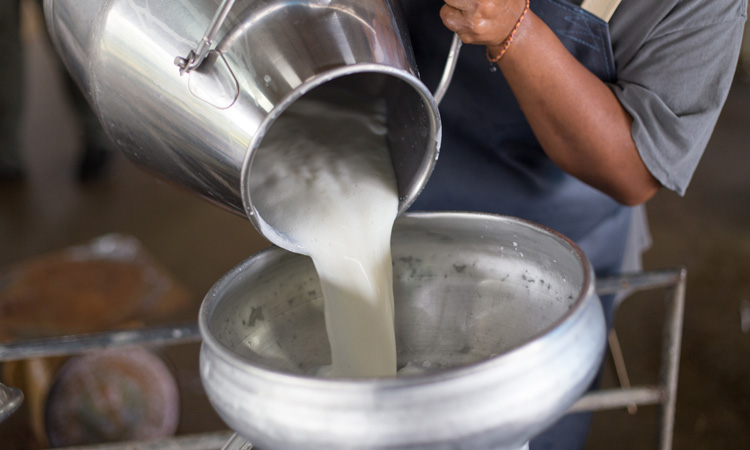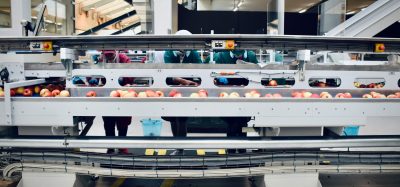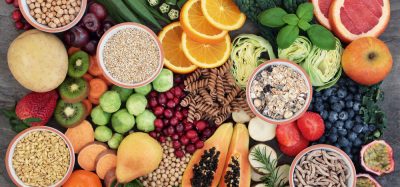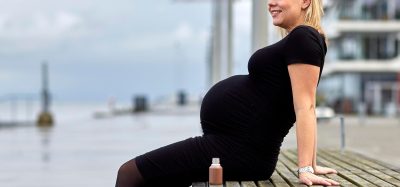New Zealand directs milk suppliers to stop selling unpasteurized milk
Posted: 6 December 2019 | Sam Mehmet (New Food) | No comments yet
MPI compliance staff executed search warrants at non-compliant raw drinking milk suppliers in Auckland, Hawkes Bay, Manawatu, Horowhenua, Nelson and Southland following a year-long operation, and has ruled for them to cease operation until regulatory requirements are met.


The Ministry for Primary Industries (MPI) in New Zealand has directed unregistered raw (unpasteurized) drinking milk suppliers across the country to stop selling their product until they comply with the legal requirements for sale.
MPI’s Manager of Food Compliance, Melinda Sando, said that the purpose of the coordinated site visits was to gather evidence of the offending and to allow further investigation of non-compliant sales.
“We believe that the suppliers we visited are operating outside of the regulatory framework. By not adhering to the rules for selling raw drinking milk, they are putting consumer health at risk,” she said.
“There have been multiple instances in the past of people getting sick after drinking raw milk from some of these suppliers. We cannot let this continue.
“Raw unpasteurized milk is a risky product as it has not been heat-treated (pasteurised) to remove illness-causing bacteria including E. coli, listeria and Campylobacter.
“These types of bacteria most commonly cause severe diarrhoea and vomiting, but occasionally some have been linked with more serious complications that include miscarriage, paralysis, meningitis, and serious kidney problems in children. Raw milk may also be a source of tuberculosis (Tb).
“We support consumer choice. We are not saying people cannot drink raw unpasteurized milk. What we are saying is that when people do choose to drink raw unpasteurized milk, they are able to make that choice with a degree of confidence that the milk they are consuming is produced within the regulatory framework
“Purchasing from MPI-registered suppliers who are being audited regularly to ensure they are managing risks and testing regularly helps consumers reduce the risks if they choose to drink this product.”
Sando said that the suppliers in question have been using various tactics in an attempt to continue selling their product, such as selling it as bath milk or pet milk.
“These tactics are not legal in our view and are a way of getting around the regulations and avoiding the costs associated with being compliant, including food safety testing costs, registration costs and audit costs.
“We make no apologies for holding to account, people who are breaching the regulations. The rules exist for a reason – to protect human health.”
Sando added that all suppliers were able to take part in the consultation process around the introduction of new raw drinking milk regulations which came into effect on 1 March 2016.
“The suppliers need to stop selling unregulated product immediately and will only be able to resume selling once they have met all requirements to make them compliant,” she concluded.
Related topics
Food Fraud, Food Safety, Health & Nutrition, Regulation & Legislation, The consumer









